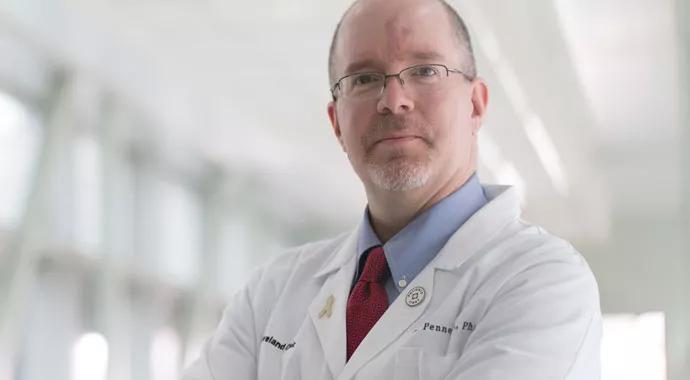“I saw this ad on TV and I would try this immune-therapy stuff”

With many new agents approved for the treatment of lung cancer, it is a tremendously exciting time for oncologists. But when treatments are so new and oncologists don’t yet fully understand their proper use or real risks and benefits for the patient sitting in front of them, determining the right thing to do is a challenge. Care pathways help, but cannot fully replace a physician’s judgment. And, of course, there is patient preference to consider in this new era of collaborative medical decision making.
Advertisement
Cleveland Clinic is a non-profit academic medical center. Advertising on our site helps support our mission. We do not endorse non-Cleveland Clinic products or services. Policy
In his most recent ASCO Connection blog post, Cleveland Clinic oncologist Nathan Pennell, MD, PhD, discusses the complexities of moving new drugs into practice and encourages colleagues from all sides to continue the conversation.
Advertisement
Advertisement

First-of-its-kind research investigates the viability of standard screening to reduce the burden of late-stage cancer diagnoses

Global R&D efforts expanding first-line and relapse therapy options for patients

Study demonstrates ability to reduce patients’ reliance on phlebotomies to stabilize hematocrit levels

A case study on the value of access to novel therapies through clinical trials

Findings highlight an association between obesity and an increased incidence of moderate-severe disease

Cleveland Clinic Cancer Institute takes multi-faceted approach to increasing clinical trial access 23456

Key learnings from DESTINY trials

Overall survival in patients treated since 2008 is nearly 20% higher than in earlier patients